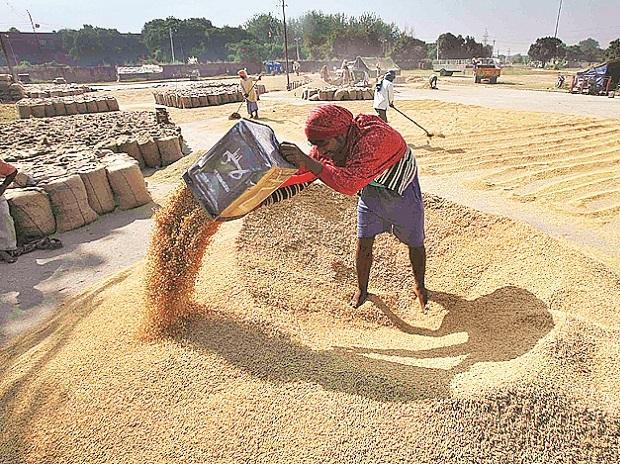These issues have assumed greater
importance after the government allowed farmers to directly sell their produce
to processors and traders.
A recent survey of
farmer
producer organisations (FPOs) conducted by Tata Trusts suggests that to
ensure higher returns for produce, FPOs need to increase market linkages. The
consequent report recommends addressing agricultural value chains, which
include ensuring availability of infrastructure and credit along with
information asymmetry.
These issues have assumed greater importance after the government allowed farmers to directly sell their produce to processors and traders without any compulsion to bring them to agriculture produce market committees (APMCs) or market yards.
The survey
discovered gaps in the way FPOs are handling their operations. “If the gaps are
addressed through effective linkages, it could help clusters see an increase in
their aggregate turnover by 5-20 per cent, depending on the crop,” the report
noted. The report released was based on a field study concluded over a year
ago.
This study covered
49 FPO clusters and 45 agriculture value chains across 52 districts in 18
states. This was followed by an intensive analysis of the data and discussions
with stakeholders. The report is further backed by 49 FPO cluster-level
reports, which span across 1,800 FPOs and 399 market players, according to
Pradyuman Singh Rawat, project lead, Tata Trusts.

